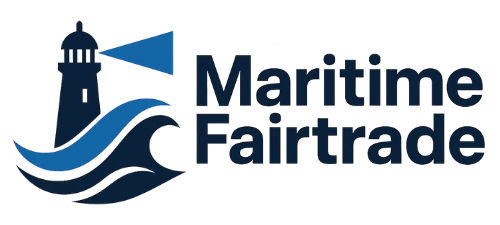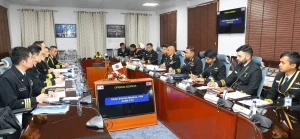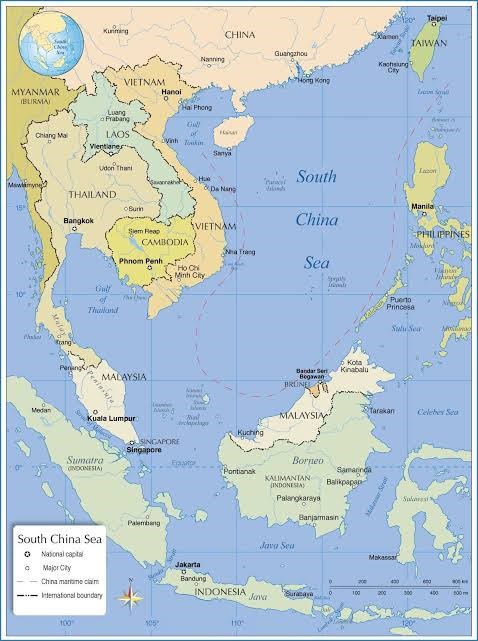Nigeria’s maritime sector is essential for trade, revenue, and global engagement, reflecting both economic ambition and persistent challenges since independence 65 years ago. Marking this anniversary, there’s renewed focus on harnessing opportunities in the maritime industry, especially following the establishment of the Ministry of Marine and Blue Economy in 2023. This body aims to unlock the sector’s potential to help meet President Bola Tinubu’s ambitious $1 trillion GDP goal.
Progress is evident through initiatives like the 10-Year National Policy on Marine and Blue Economy (2025–2034), the Deep Blue Project, which has helped reduce piracy, and the launch of a new deep seaport. However, many opportunities remain untapped, including modernizing seaports and inland waterways, enhancing indigenous shipping lines, expanding fisheries, and investing in marine biotechnology.
Despite these advancements, Nigeria’s maritime sector faces significant obstacles. Aging infrastructure, inconsistent policies, and bureaucratic hurdles hamper efficiency. Challenges like port congestion and high cargo dwell times make Nigerian ports less competitive compared to those in Cotonou, Tema, and Lomé.
Minister Adegboyega Oyetola emphasized the maritime sector as a new frontier for innovation and economic diversification. He reported notable achievements and improvements in performance metrics, including a remarkable performance score of 96% from the Central Results Delivery Coordination Unit.
The sector also celebrates a three-year record of reduced piracy, attributed to the multifaceted Deep Blue Project, while ongoing rehabilitation of Lagos ports aims to increase efficiency and create jobs. However, significant issues linger, like outdated infrastructure and inadequate automation, which hinder Nigeria’s competitiveness. Notably, the long-awaited disbursement of the Cabotage Vessel Financing Fund remains stalled, limiting local operator participation in coastal trade.
While piracy rates have declined, vessels still incur War Risk Insurance premiums, raising questions about Nigeria’s maritime security and competitiveness. Poor road and rail connectivity further complicate logistics, causing delays that push shippers to seek alternatives in neighboring countries.
To revitalize the maritime sector, stakeholders advocate for actionable policies, increased funding, and incentives to attract both local and foreign investment. They also stress the need for comprehensive upgrades in infrastructure and stronger regulatory frameworks to boost investor confidence.
Experts urge the government to embrace the blue economy, leveraging trade agreements like the African Continental Free Trade Area (AfCFTA) to simplify trade. They highlight the potential for renewable energy to enhance economic diversification and support job creation in the emerging green economy.
A significant call for establishing a dedicated Blue Economy Fund has been made, emphasizing the necessity for strategic public-private partnerships and innovative financing to unlock the estimated $1.5 trillion potential in this sector by 2030.
The maritime sector stands at a crucial juncture; with a focused strategy and renewed commitment to overcoming challenges, Nigeria has the potential to transform its nautical economy into a significant contributor to national growth and global trade integration.
Source link










